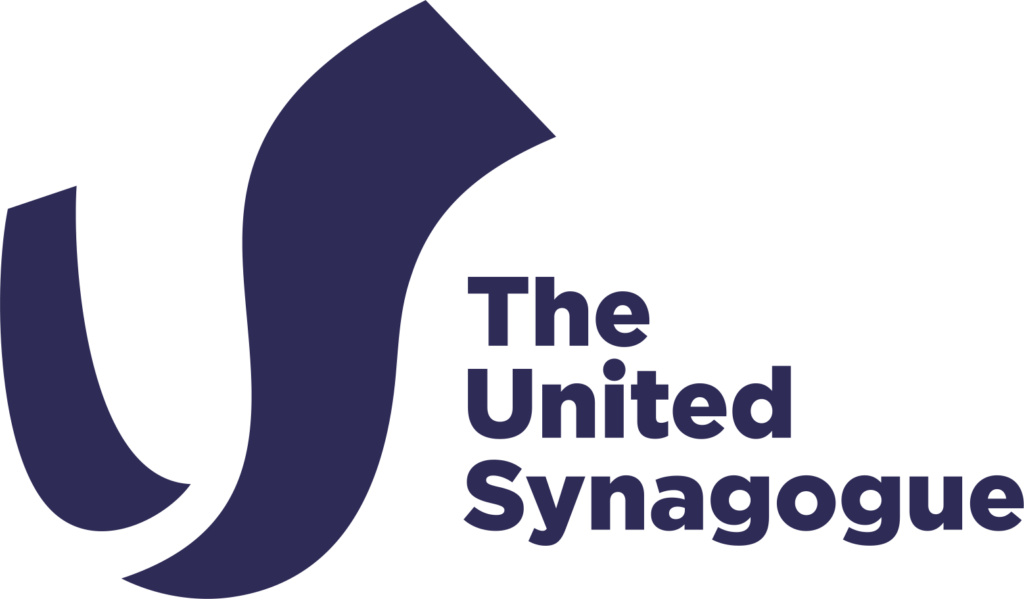We celebrate Purim each year on the 14th of Adar.
Purim is one of our happiest and most fun, holy days. We celebrate the miracles recorded in the biblical Book of Esther, when the Jews of the Persian Empire, led by Queen Esther and Mordechai, were saved from the genocide planned by the demagogic politician, Haman.
Parashat Zachor (Devarim/Deuteronomy 25:17-19)
A Torah portion known as ‘Parashat Zachor’ (Remember) is read every year on the Shabbat preceding Purim, and it is a special mitzvah to hear this portion. If one cannot hear it in shul this year, then it can be read at home and found on the following pages in the Chumash: ArtScroll p.1066 | Hertz p.856 | Soncino p.1114
Fast of Esther
The festival is preceded by the Fast of Esther, which commemorates the fasting the Jews undertook at the time of the Purim story.
Purim
There are four main elements to the festival itself:
- To hear the Megillah
This mitzvah is performed twice: on Purim night and on Purim morning. Ordinarily, adults have an obligation to hear the Megillah in person both in the evening and day of Purim. Many local communities are also organising readings and events. Please check with your local shul for more details.
- To send food parcels to friends (Mishloach Manot)
The delivery of Mishloach Manot is customarily done on Purim morning. The Mishloach Manot parcels are sent to at least one friend and should contain a minimum of two food/drink items which are ready to eat. Click here to send Mishloach Manot to families in need.
- To give charity to those in need (Matanot La’evyonim)
We are especially generous at Purim. The giving of charity can be in the form of money or food and is customarily given on Purim morning, to at least two people in need. If this is not possible, one can give money either to a designated individual or to their local shul’s specific collection, which will then be given to those in need on Purim. You can perform the mitzvot of Mishloach Manot and Matanot Laevyonim through online orders on the US website. Click here to donate now.
- To have a festive meal (Purim Seudah)
The traditional Purim Seudah takes place during the day of Purim itself usually starting midafternoon before sunset, carrying on until early evening. The Purim Seudah is an opportunity to celebrate the miracles that took place.
We add a prayer of thanksgiving called ‘Al Hanisim’ into our Amidah prayer and into Bensching (Grace after Meals) on Purim.

